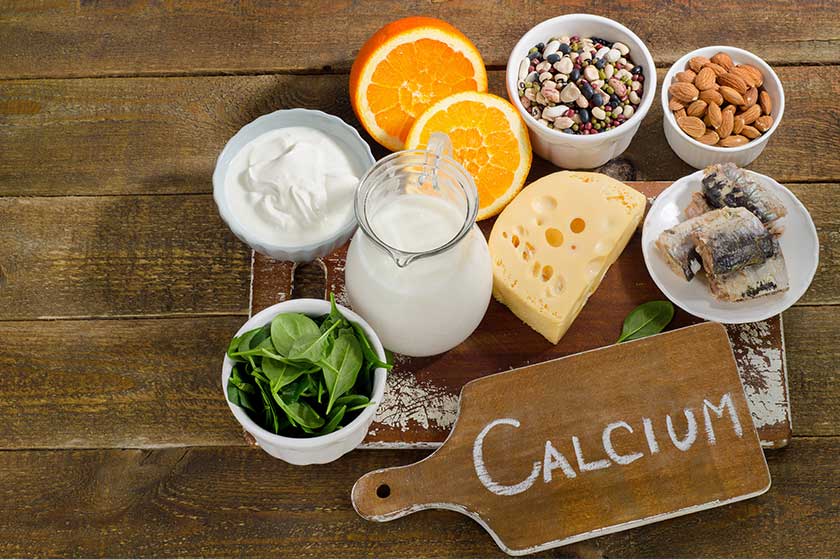As we advance in age, we have a higher tendency to develop various age-related symptoms that can affect our mobility and overall capacity to perform daily living activities. If you are suffering from osteoporosis, preparing your daily meals with the proper ingredients can provide your body with the nutrients it needs to stay strong. Here’s what you should and should not add into an osteoporosis diet.
Vitamins and Minerals to Focus On
- Vitamin D
This vitamin accompanies calcium in your body. With sufficient vitamin D, your body will be able to better absorb calcium.
- Calcium
This mineral supports your bone tissues.
- Vitamin C
Studies have shown that vitamin C can support your bone mineral density after going through menopause. Fruits and vegetables are rich in vitamin C.
- Vitamin K
Studies have found a possible connection between vitamin K and osteoporosis. Women who reported having lower vitamin K intakes were at a higher risk for hip fractures. Those who had more than 254 mg of vitamin K daily had a substantially lower risk for hip fractures.
- Magnesium
Magnesium plays an important role in building strong bones. However, as we age, our body’s ability to absorb magnesium reduces.
- Zinc
Zinc is used by our body to maintain strong bones. Those with low daily intakes of zinc have a higher risk of having poor bone health.
Foods to Avoid or Limit
- Foods High in Salt
Excessively consuming salt can make your body release calcium which in turn adversely impacts your bones. Eat foods that are high in salt in moderation to no more than 2,300 mg per day.
- Alcohol
A moderate amount of alcohol is considered safe when you have osteoporosis, but excessive alcohol intake can cause bone loss. Drinks should be limited to just two glasses per day.
- Legumes / Beans
Beans may have healthy attributes for women with osteoporosis but they are also rich in phytates. These are compounds that can affect your body’s ability in absorbing calcium.
- Wheat Bran
Wheat bran also contains high levels of phytates which can restrict your body’s ability to absorb calcium. 100% wheat bran is also the only food that reduces calcium absorption in other foods when eaten together.
- Vitamin A
Vitamin A is an important mineral for our bones but taking too much of it can have adverse effects on your bone health. If you are consuming multivitamins together with a fish liver oil supplement, you may be at a risk for adverse health effects.
- Caffeine
Caffeine is something that most of us consume on a daily basis in our coffees, teas, and other processed beverages. Each type of beverage can contain a different level of caffeine, hence it is important to take each one in moderation.
Now that you know which vitamins and minerals you need to focus on and what are the ingredients to avoid or limit in your osteoporosis diet, you can plan your daily meals more efficiently. With regular well-balanced meals, you can look forward to strengthening your bones for better mobility.







